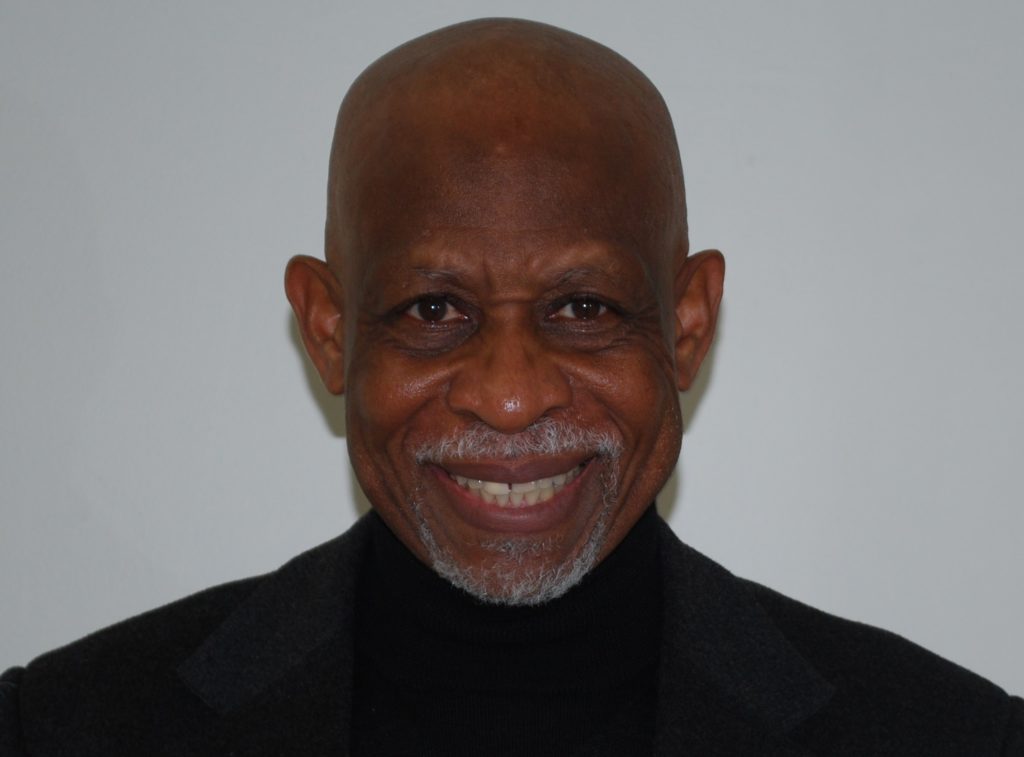FROM THE PASTOR’S HEART

OP / ED BY DR. ROBERT KENNEDY
There is no question that the role of the teacher is being diminished today. In the socio-political world, many parents are told that they know more than professional teachers. They are to be in charge of the school curriculum, not the teachers. Many teachers feel so frustrated that they are leaving the profession.
I do not wish to put down any parent since I am one myself, and when my wife and I went to meet our sons’ teachers, we felt we had something to share with the teachers about our sons as we wanted to know what they were learning about them.
I have been pastoring and teaching for 52 years, and I do not think I need to confess that I have learned more from my members and students than I learned in all my classes at the undergraduate as well as the graduate and post-graduate levels. No insult to my teachers, but I learn more from my members and students as a lifelong learner than my formal teachers.
My time as a team teacher was profoundly fulfilling as my colleagues and I shared perspectives. My best classes in team teaching were Science and Religion, Religion and Society, Religion and Gender, and Multicultural Education. While I am not calling the names of my team teaching colleagues here, if they are reading this reflection, I want them to know that I learned a lot from them and hope that I have taught them something valuable. In my teaching method in colleges, universities, seminaries, and churches, I have followed the path of dialogue (exchange of ideas).
I must admit that all I learned was in formal and informal contexts. I also learned a lot from my wife of 53 years, and I hope she has learned some from me. And, yes, my children have taught me a lot about how to be a good father, and I hope they have learned much from me, too. I have learned much from my siblings and others and trust that I have taught them something of great value.
In a speech to one of the freshers’ classes, Dr. Drew Faust, president of Harvard University, said, “One thing to remember about a research university is this fundamental premise: we are all teachers and learners. In every seminar and laboratory, and archive, we cultivate the habits of civil and curious inquiry, of capacious mind and spirit, to reconstruct, re-vision, and reformulate what is known. Professors, graduate students, and undergraduates alike must believe in this double commitment of teaching and scholarship, and its continuum of discovery, and of learning.” (https://news.harvard.edu/gazette/story/2007/09/we-are-all-teachers-and-we-are-all-learners)
My point is that one does not have to be in a formal educational context, such as Harvard University, or a classroom anywhere to teach another and learn from another. This is the only way we will effectively build up one another.
In his exhortation to the Colossians, the apostle Paul said, “Let the word of Christ dwell in you richly, teaching and admonishing one another in all wisdom” (Colossians 3:16, Emphasis mine).
I have asked what is to be expected of anyone who is teaching and learning from one another. And here are some ideas I have gathered.
- Knowledge: One needs to know what one is teaching and learning with others. In this, it needs to be understood that knowledge sharing is not always theoretical but modeled.
- Willingness: One has to be open to teaching and learning. We must be open to learning from those we teach.
- Humility: In teaching, one might stand in the position of a superior or understand oneself as a servant. To be effective as a teacher, one has to be a learner.
- Teachableness: One must be moldable in all situations, even the seemingly mundane. A teachable person will make every situation and opportunity to learn. Learn even from those who have a negative attitude toward you. Learn from those who criticize you.
- Discern: Learn to discern. Even a fool can teach you wisdom. The Bible tells us that we are to train our senses to discern good and evil (Hebrews 5:14). In effect, one does not have to teach or learn everything, but through discrimination, take what will be of eternal value.
- Grow: Through teaching and learning, one grows into maturity. Without constantly learning, one will stagnate.
- Respect: The one who can most effectively teach and learn from another is one who respects others.
- Tolerance: One who is effective as a learner and teacher can be flexible with the diversity of ideas one will share with others in high regard.
Teaching one another is one way in which we build community. This is why there is so much emphasis in Scripture on the other word that is used for teaching and learning, namely “Edify one another.”
Let me join the apostle Paul in encouraging us to teach and learn from one another. The benefits are beyond what we might imagine.

